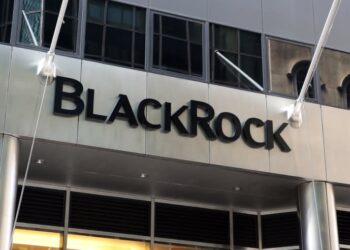A joint Finsia/Econtech report released yesterday found a strong economic case and significant profit gain for Australian businesses adopting sustainability risk reporting (SRR).
The independent study estimated a $1.2 billion boost to gross domestic product (GDP) if companies report on sustainability risks such as climate change and a profit increase of 2-3 per cent for medium and large companies.
The crucial question is whether the Australian economy can afford the cost of companies not reporting on sustainability risks, Finsia chief executive Stephen Harrison said.
“Will investors be put at risk with their retirement savings if sustainability risks aren’t reported by companies,” Harrison said.
“Companies with SSR benefit from lower corporate borrowing costs due to reduced risk, and higher labour productivity and sales from the boost to their reputation with employees and customers.”
Only 119 of the top 500 companies in Australia produced a sustainability report in 2005, of that only 40 had their reports independently verified, and just six companies reported in accordance with the Global Reporting Initiative.
According to Macquarie head of economics Richard Gibbs, recent events had highlighted the importance of sustainability risk reporting including the 9/11 terrorist attacks, consumer-led class actions in Europe and the US, focus on climate and policies and concerns about global energy and natural resources.
The business risk has many facets including legal liability, operational issues, competitive strategies, contingent liabilities, financial costs and corporate social responsibility, Gibbs said.
Climate change brings in a new element of risk with severe weather, widespread realignment of land use, threat to arable land, physical safety and public health and welfare, he said.







